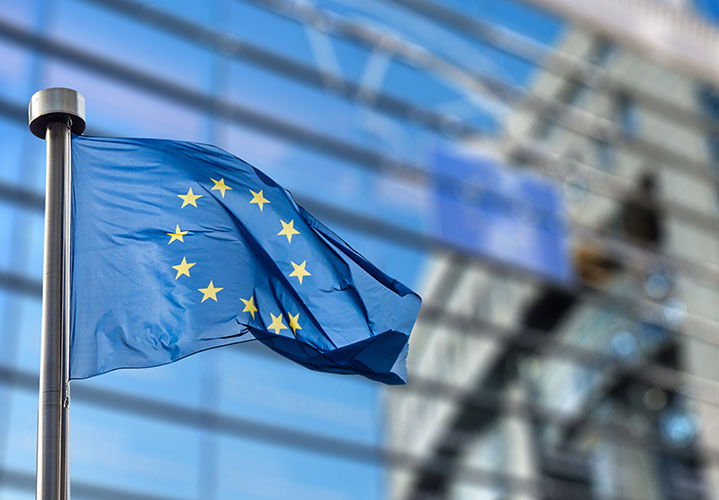A year has passed since the European Commission said no to the UK rejoining Lugano. Litigators’ hopes of maintaining the gold standard enforcement regime – automatic mutual recognition of judgments with EU and European Free Trade Association (EFTA) countries – were thereby dashed.
What does this mean in practice? Under the Brussels Convention, and more widely under Lugano, litigants had the comfort of knowing that if a judgment – whether final or interim – was obtained in one member state, it was automatically enforceable in another. It was a simple, pragmatic, commercially sensible system, benefiting all the member states as well as the entities and individuals doing business within them.
Contrast that with the current position – a more complex web of different systems that, while certainly not impossible to navigate, potentially make it harder, slower and more costly to achieve successful outcomes in multijurisdictional disputes with a European angle.
While there are some practical workarounds (for discussion in another piece) it is no great spoiler to reveal that contractual disputes between sophisticated, well-advised parties are probably least affected by the changes. The use of exclusive jurisdiction clauses and arbitration clauses brings the benefits of enforcement under the Hague and New York conventions respectively, and for many cross-border arrangements this means that disputes can be determined and enforced efficiently (if not cheaply).
Where the contractual relationship is a little messier, there is no contract at all or there is a need for urgent action to prevent assets being dissipated, things start to get more difficult. In particular, problems arise where parties need to enforce interim orders quickly.
The most obvious examples of this are fraud cases. It has never been easier to move money around the world quickly. A simple click of a button on a mobile phone is all it takes. For most of us this is a hugely positive development, but it has also opened opportunities for fraud, as recent statistics show. UK Finance has reported that in 2021 £1.3bn was lost to fraud, with a particularly large rise in authorised push payment fraud – up 35% to £538m – and investment scams – up 57% to £171.7m.
This issue is likely to take up an increasing amount of court time in the coming years. To stand any chance of recovery a victim must act quickly. To do so, they need a legal system that can react with similar haste. The English system meets these requirements. It boasts a cohort of experienced professionals, an array of useful legal tools, and a court system – described as "famously generous" to victims of fraud – applying common law principles to meet the challenges posed by fast moving technological changes such as the proliferation of digital assets. This combination of factors has helped to make England and Wales a leading centre for tackling fraud.
Typically, in these circumstances, parties would seek an urgent worldwide freezing order to protect their assets and a disclosure order to require the fraudster or a third party, such as a bank, to provide information about the assets and the account holder.
Armed with this order the victim would then usually approach the courts in relevant overseas jurisdictions to seek assistance with enforcement. Again, speed is of the essence if the wronged party is to stand any chance of seeing their money again. The arrangements we had under Brussels and Lugano allowed for that.
In the absence of any comparable bilateral or multinational arrangements, parties must now (in most cases) fall back on the local law of the European country in which they wish to enforce. This is not unusual (and indeed is the default for non EU/EFTA countries around the world). However, it is new and therefore adds a hurdle that was not there previously; slowing the process down and creating uncertainty. What would be the situation, for example, if a party needed to enforce a proprietary freezing injunction in respect of digital assets held in a European civil code jurisdiction which does not yet recognise digital assets as property?
In this new and more uncertain environment, early discussion and close cooperation with lawyers in the enforcement jurisdiction are more important than ever. The likelihood of successful enforcement is key to whether to pursue legal action in the first place. In some cases that may lead to difficult decisions about whether England and Wales is the right jurisdiction in which to commence proceedings. The risk is that the excellent reputation England and Wales has built as a leading jurisdiction for tackling fraud is tarnished if the impression arises that it is just too difficult to use our powerful legal weapons in the courts of our closest neighbours.
This article was first published in The Law Society Gazette and can be accessed here.

 Sarah Murray
Sarah Murray James Evison
James Evison